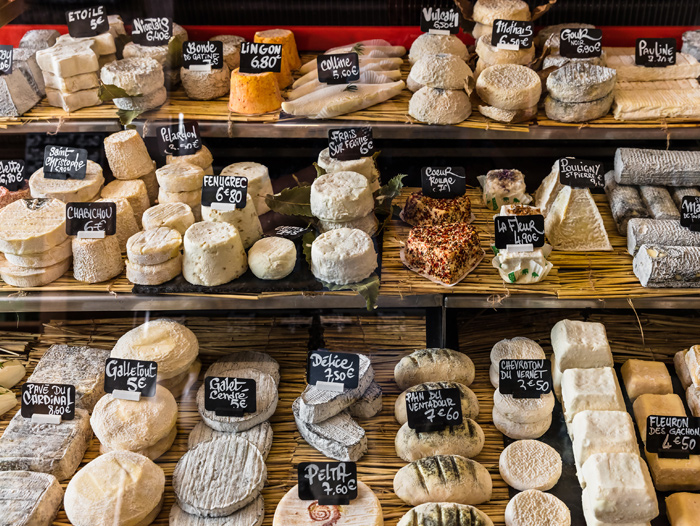Can the Taste of a Cheese be Copyrighted?
April 30, 2019 | 1 min to read

Copyright is an intellectual property right that vests in original works. We know that works like novels, paintings, photographs, sculptures, and songs are examples of what copyright law protects.
But how far can copyright protection go? Can copyright protect, say, a perfume or the taste of a food product?
Unlike more traditional works, which are perceived through senses like sight and hearing – that is, through mechanical senses – perfumes and tastes can be only perceived through chemical senses, such as smell and taste. This makes interpretation of what one is trying to protect potentially complicated.
To read the rest of the story, please go to: OUPBlog
